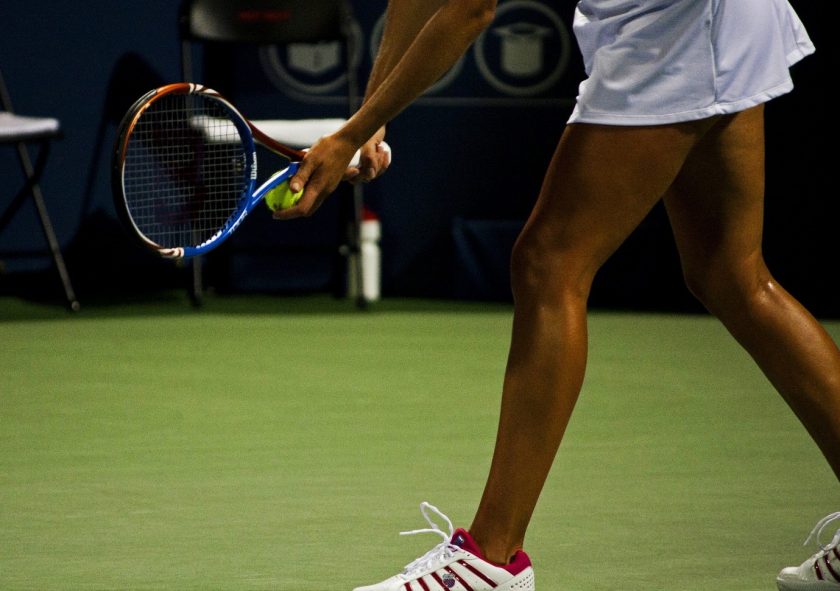
COLLABORATION KEY IN FIGHTING MATCH FIXING
There’s nothing like a bit of sport to transcend national boundaries. But with the wide-scale availability of sports betting, wagering-related match fixing is an omnipresent threat to sporting codes, betting agencies and – of course – sports fans.
Tackling the issue is complicated. It involves many stakeholders – sports administrations, betting agencies, regulators and law enforcement agencies – and their approaches can vary widely.
ESSA is a Belgium-based not-for-profit organisation that works with betting agencies to reduce the incidence and impact of sports integrity issues.
A core part of ESSA’s services is an alert platform that members can use to report suspicious betting activity. Once reviewed ESSA may then inform law enforcement, relevant regulators and sporting administration bodies.
Khalid Ali, CEO of ESSA, spoke to IAGR eNews about its recently released 2018 Annual Integrity Report.
Tennis takes out top spot – again
Tennis continues to outrank other sports with 178 integrity alerts reported in 2018 – more than three times that of football, which ranked second in the report.
According to Khalid, the amount of alerts is only part of the picture.
‘If you exclude horseracing, tennis is widely acknowledged as the second largest sport on which betting takes place after football,’ he said.
‘The ratio of matches to suspicious betting in tennis is relatively low. In 2017 there were around 115,000 professional tennis matches with 256 betting alerts sent to the Tennis Integrity Unit (TIU), representing about approximately 0.22% of all matches.’
While the percentage of alerts to matches is low, there is some industry concern about tennis as integrity issues have risen in recent years. It’s believed that this is due to the wide disparity in pay rates between top players and those ranked at the lower end.
Khalid added, ‘As has been shown in other sports, notably football, this disparity in income makes players at the lower end of the game more susceptible to approaches from corrupters.
‘There are however measures that can be put in place to mitigate this risk, such as player education and tough sanctions, and we have supported much of the recent tennis integrity review and recommendations in those areas.’
Aside from tennis, football, table tennis, basketball and esports rounded out the top five sports with the most alerts in ESSA’s system.
Fighting match fixing – both at home and abroad
According to Khalid, jurisdictional and international frameworks are vital in creating cohesion between the broad range of stakeholders involved in reducing the risk of match fixing.
‘Match fixing is cross-sector global issue,’ he said.
‘Corrupters don’t need a national betting market to be open to corrupt sporting events in that country. Betting integrity policy frameworks and cross-sector engagement is necessary to protect markets and sporting events.
‘Proper regulation, taxation and integrity provisions remain the key elements to the delivery of viable betting markets, and assisting the detection and sanctioning of corrupters intent on manipulating sport to defraud regulated betting operators.’
A regulator’s role
‘The regulated betting sector remains a key party in the detection, disruption and sanctioning of betting related corruption.’ Khalid said.
He recommends gaming regulators add mandatory engagement with an integrity monitor to licensing regimes for betting operators.
‘The recent Dutch Remote Gambling Draft Decree will require an operator to be part of an international monitoring network to obtain a licence.’
IAGR President, Trude Felde added, ‘Wagering-related match fixing is one issue where regulators have a broader role to play in reducing the risks on a global scale.’
‘It’s really important that regulators contribute where they can to cross-jurisdictional frameworks and policies to protect betting operators, players and sports fans from these sorts of integrity issues.’





